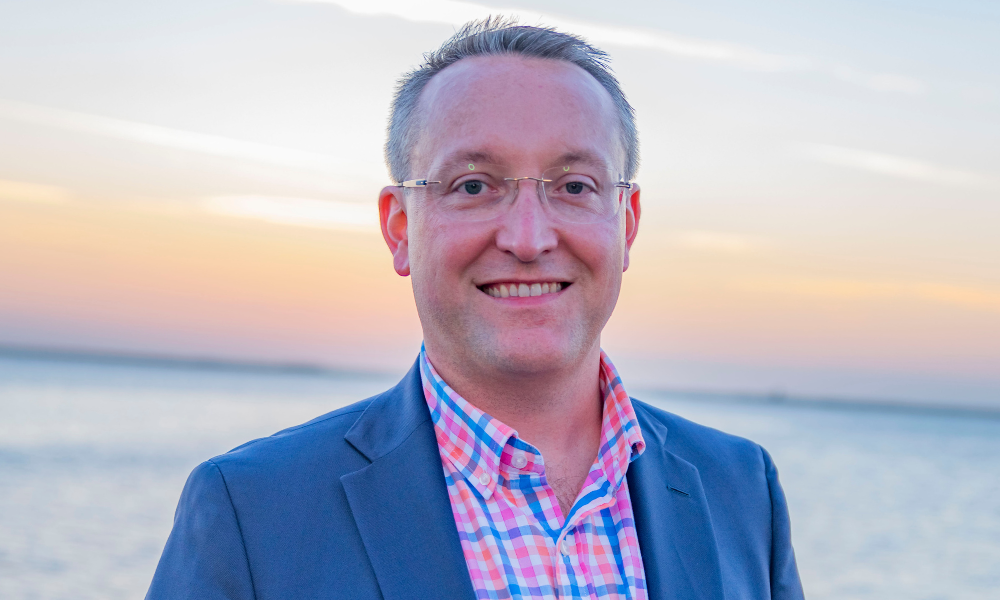

Building a successful practice already requires advisors deal with a complex web of fees and regulations.
Beyond that, something has become a growing source of frustration for some advisors. That is the basis points tax levied by their own firms.
Despite basis points being a crucial part of one’s operation, Andrew Evans, CEO at Rossby Financial, said it’s a tax levied on financial advisors without a commensurate increase in significant value that justifies the cost.
When he first went independent in the early 2000s, his firm charged 0.05 bps on every $1 traded, to cover supervision and technology fees.
These platform and program fees have now increased, with a typical range hovering around 15 to 25 bps, he said.
These fees have remained constant even as advisors have grown their practices significantly, leading to a large portion of revenue being taken by the larger firms.
“If your fee is 1 percent and you're paying the firm 15 bps on your assets, you'll either get 0.85 percent of your 1 percent or they’ll charge 1.15 percent and then you'll get 1 percent,” he said.
Why Evans sees this concept as a tax is because those costs haven't gone down.
“That number keeps going up exponentially because it's a percentage of total assets under management,” he said. “It’s crazy.”
As an example, if an advisor went from having $50 million in assets under management to $150 million, the extra $100 million “is still getting a lot of revenue taken off.”
“It could be coming back to you to then reinvest that capital back into your business,” he said. “Firms have to make money, but at some point, we have to ask how much is enough on any particular practice?"
Additionally, most firms decide not to bring the basis points tax down to “a reasonable level” and will not cap it, he said.
“That forces a lot of really good advisors who are very happy where they are to go find a new relationship, go to an RIA or do their own thing ... but they can't get around that tax.”
While firms justify these fees by citing supervision, compliance, and technology costs, Evans said he isn’t convinced.
“You're already surveilling my trades, looking over my emails, my text messages, you already have access to everything that I do. Why would you think more assets means more risk to the company if you can easily review these things with technology, intelligence and a process?” he said.
By removing the basis points tax, firms can become more efficient. Rather than pay the salary of a full-time marketing, compliance or other service-providing team, fractional services can be utilized to eliminate excess capacity and lower costs, Evans said.
“Why are fees levied this way? Because they always have been. But is this really what the industry and investors deserve? No,” he said.
Advisors can reclaim these costs and find transformative opportunities, he said.
“If you’re managing $150 million and get back $300,000, think about what you could do,” he said. “Hire a full-time CFA, launch a college development program for Gen 2 or Gen 3 advisors, or overhaul your tech infrastructure.”
“Even a smaller advisor could make significant improvements with $50,000. That’s money that could go into growth, marketing, or enhancing the client experience.”
While he compared monolith firms to machines, who “are not going to work with you unless you really want the check,” smaller firms offer flexibility and tailored solutions, he said.
“They can balance with you, grow with you and will have more interesting nimble programs to do.”
At the end of the day, Evans said more advisors need to “be more mindful."
“Most aren't. Most do not take the time to truly calculate what that costs them or their clients.”
“Start the revolution. Think about how many things you could do with a reinvestment of the capital that they’re taking and paying a practice management person that you don't even talk to.”

Eliseo Prisno, a former Merrill advisor, allegedly collected unapproved fees from Filipino clients by secretly accessing their accounts at two separate brokerages.

The Harford, Connecticut-based RIA is expanding into a new market in the mid-Atlantic region while crossing another billion-dollar milestone.

The Wall Street giant's global wealth head says affluent clients are shifting away from America amid growing fallout from President Donald Trump's hardline politics.

Chief economists, advisors, and chief investment officers share their reactions to the June US employment report.

"This shouldn’t be hard to ban, but neither party will do it. So offensive to the people they serve," RIA titan Peter Mallouk said in a post that referenced Nancy Pelosi's reported stock gains.
Orion's Tom Wilson on delivering coordinated, high-touch service in a world where returns alone no longer set you apart.
Barely a decade old, registered index-linked annuities have quickly surged in popularity, thanks to their unique blend of protection and growth potential—an appealing option for investors looking to chart a steadier course through today's choppy market waters, says Myles Lambert, Brighthouse Financial.
